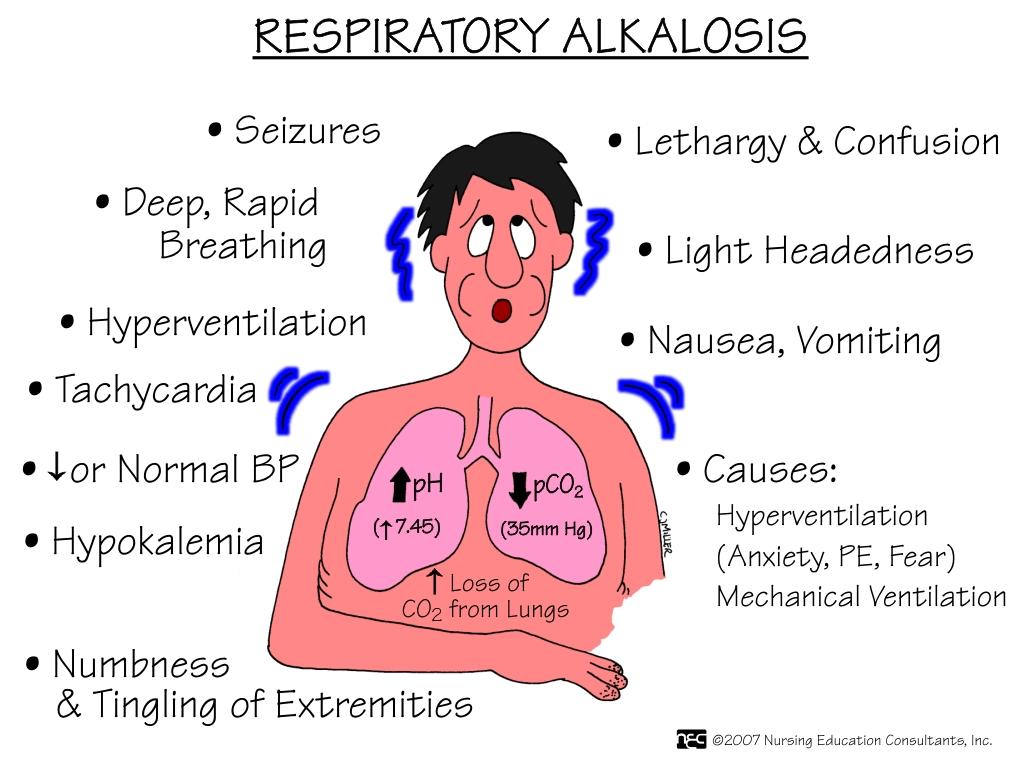The priority nursing intervention for a client who has a serum sodium level of 154 mEq/L would be:
Place on cardiac monitoring.
Monitor breath sounds every 4 hours.
Restrict fluids to 500 mL per day.
Implement safety precautions.
The Correct Answer is C
Choice A reason: Placing the client on cardiac monitoring is important, especially if there are signs of cardiac involvement or if the client is at risk for arrhythmias. However, it is not the primary intervention for hypernatremia. Hypernatremia primarily affects fluid balance and neurological status.
Choice B reason: Monitoring breath sounds every 4 hours is a good practice, particularly if there is a risk of fluid overload or respiratory complications. However, it does not directly address the issue of hypernatremia. The primary concern with hypernatremia is managing fluid balance and preventing further increases in serum sodium levels.
Choice C reason: Restricting fluids to 500 mL per day is a critical intervention for managing hypernatremia. Hypernatremia often results from a deficit in free water, leading to an elevated serum sodium level. Fluid restriction helps to prevent further increases in sodium concentration and assists in gradually correcting the imbalance. This intervention directly addresses the underlying issue of hypernatremia and helps to stabilize the client’s condition.
Choice D reason: Implementing safety precautions is important, especially if the client is experiencing neurological symptoms such as confusion or agitation. While safety precautions are necessary, they are not the primary intervention for correcting hypernatremia. The focus should be on managing fluid balance and serum sodium levels.
Nursing Test Bank
Naxlex Comprehensive Predictor Exams
Related Questions
Correct Answer is D
Explanation
Choice A reason: Weighing the patient prior to the procedure is a standard practice and ensures accurate dosing of medications and anesthesia. However, it does not address the immediate concern of the patient being underweight, which could impact their surgical and recovery outcomes.
Choice B reason: Using extra padding on bony prominences is important for preventing pressure ulcers, especially in underweight patients who have less natural padding. While this is a necessary precaution, it does not directly address the underlying issue of the patient’s nutritional status.
Choice C reason: Using extra safety straps can help secure the patient during surgery, but it does not address the nutritional concerns that could affect the patient’s recovery and overall health.
Choice D reason: Notifying the surgeon is crucial because the patient’s underweight status could significantly impact their surgical risk and recovery. The surgeon needs to be aware of this to make any necessary adjustments to the surgical plan or to involve a nutritionist or other specialists to address the patient’s nutritional needs before and after surgery.
Correct Answer is C
Explanation
Choice A reason: Metabolic alkalosis is characterized by an elevated pH and an increased bicarbonate (HCO3) level. In this case, the pH is elevated (7.51), but the bicarbonate level is within the normal range (24 mEq/L), indicating that the alkalosis is not metabolic in origin.
Choice B reason: Metabolic acidosis is characterized by a decreased pH and a decreased bicarbonate (HCO3) level. In this scenario, the pH is elevated, not decreased, and the bicarbonate level is normal, ruling out metabolic acidosis.
Choice C reason: Respiratory alkalosis is characterized by an elevated pH and a decreased partial pressure of carbon dioxide (PaCO2). The given values show a pH of 7.51 (elevated) and a PaCO2 of 28 mmHg (decreased), which are indicative of respiratory alkalosis. This condition often occurs in the early stages of an asthma attack due to hyperventilation, which causes excessive exhalation of CO2.
Choice D reason: Respiratory acidosis is characterized by a decreased pH and an increased PaCO2. In this case, the pH is elevated, and the PaCO2 is decreased, which is the opposite of what is seen in respiratory acidosis.

Whether you are a student looking to ace your exams or a practicing nurse seeking to enhance your expertise , our nursing education contents will empower you with the confidence and competence to make a difference in the lives of patients and become a respected leader in the healthcare field.
Visit Naxlex, invest in your future and unlock endless possibilities with our unparalleled nursing education contents today
Report Wrong Answer on the Current Question
Do you disagree with the answer? If yes, what is your expected answer? Explain.
Kindly be descriptive with the issue you are facing.
